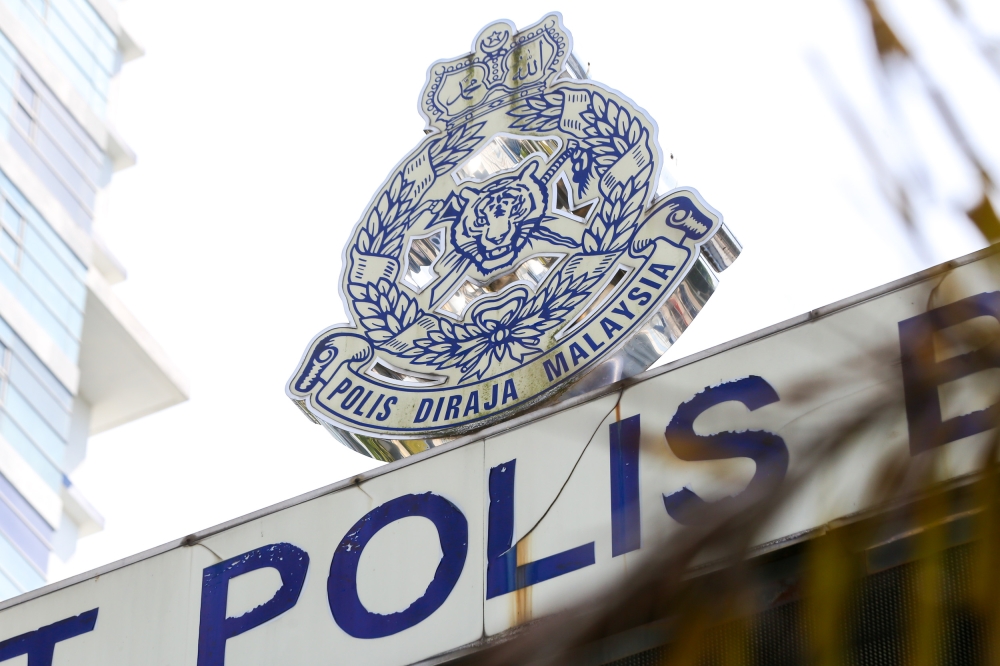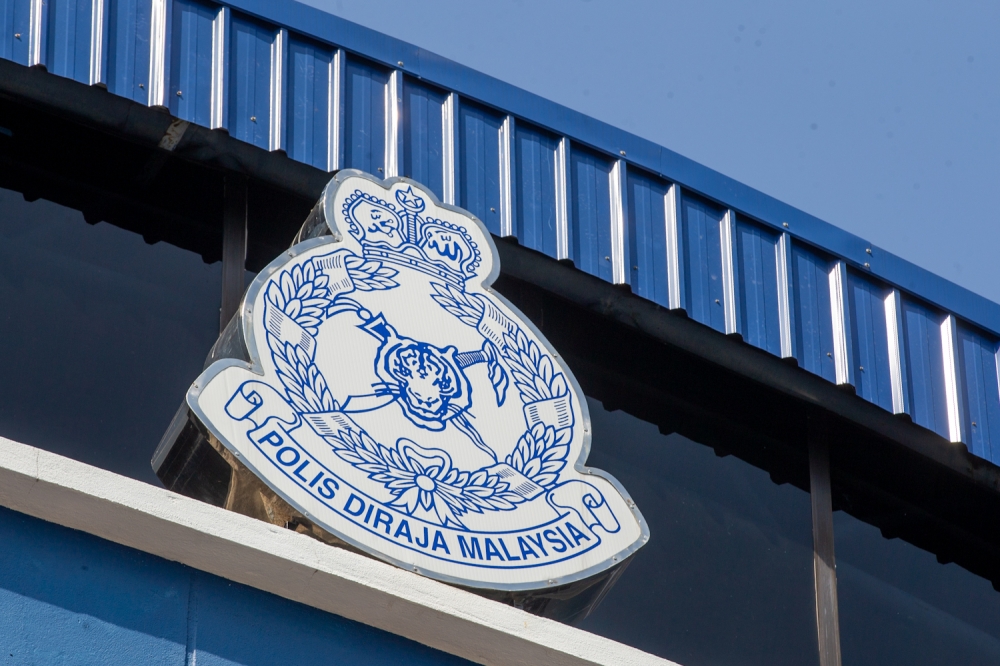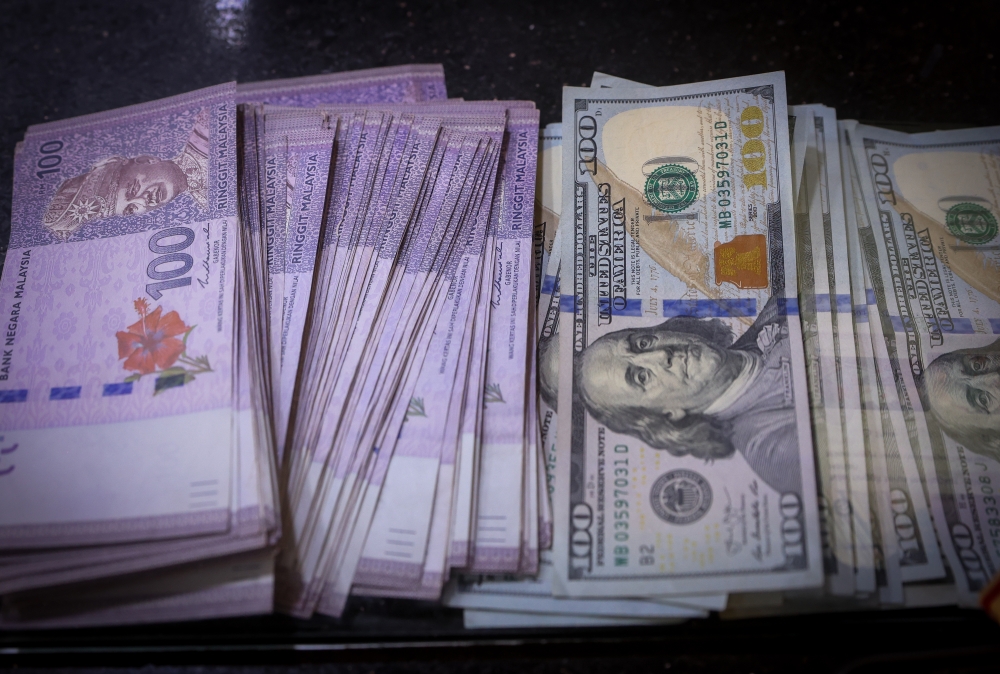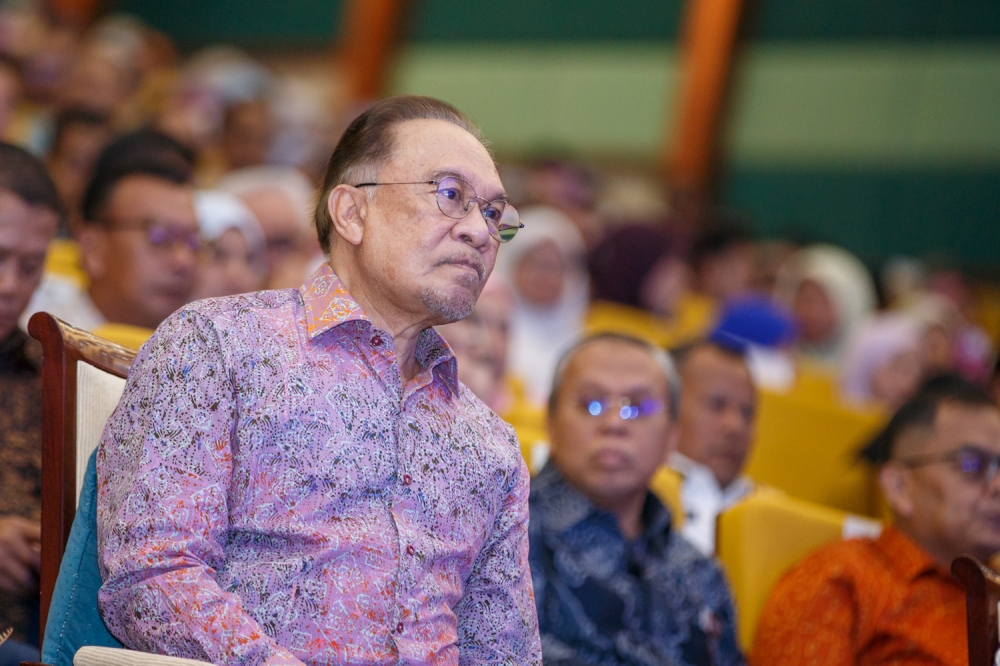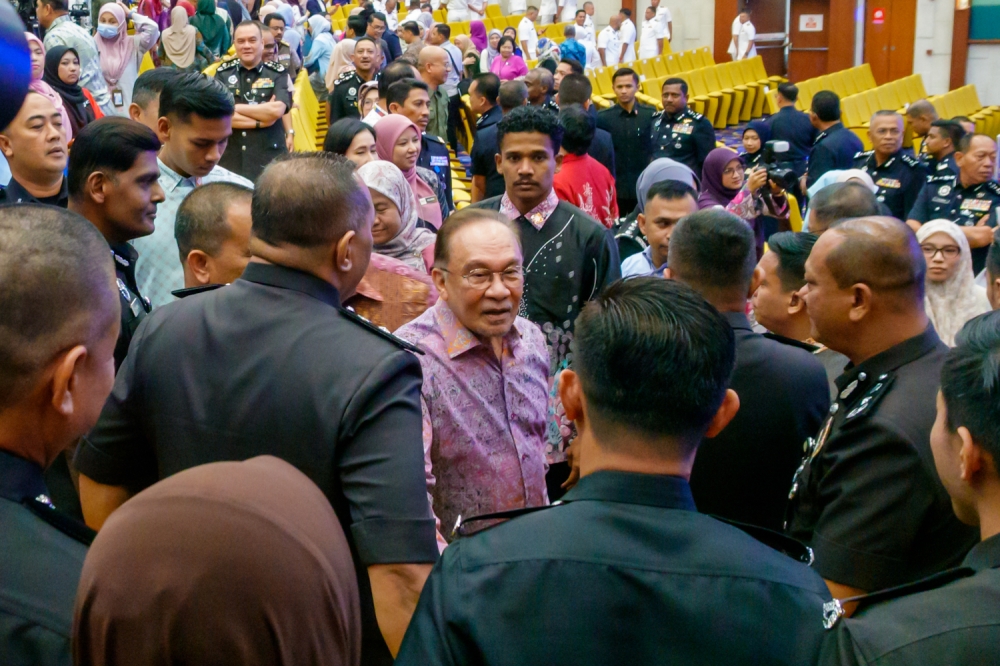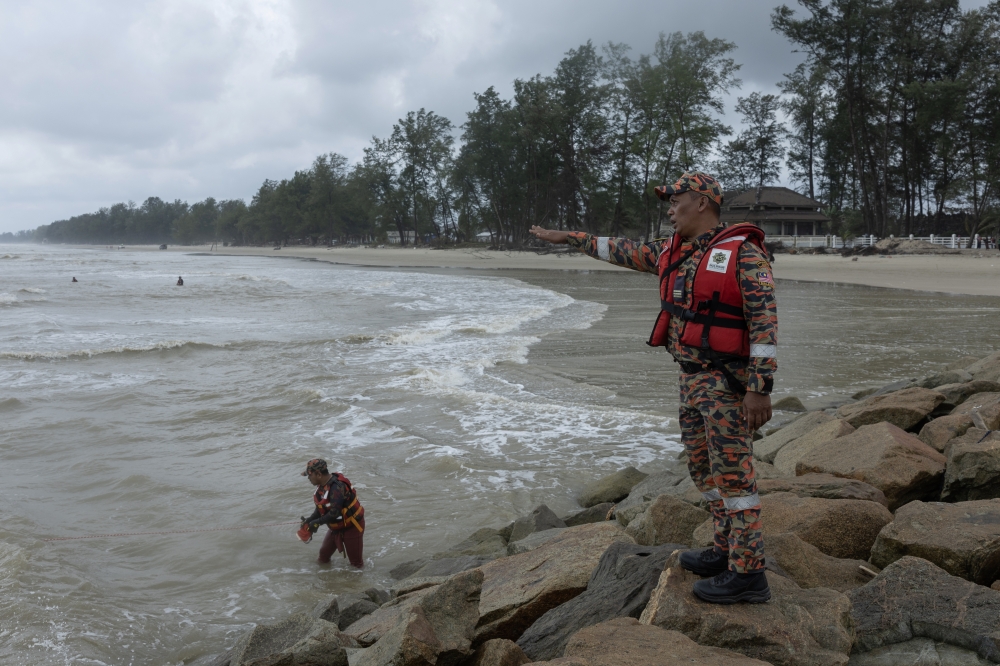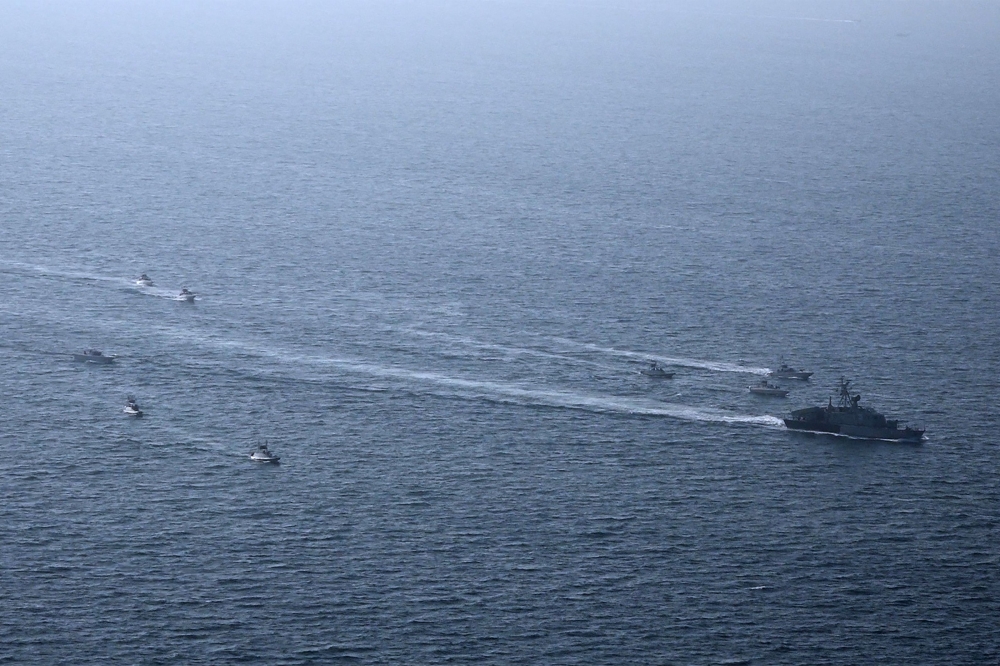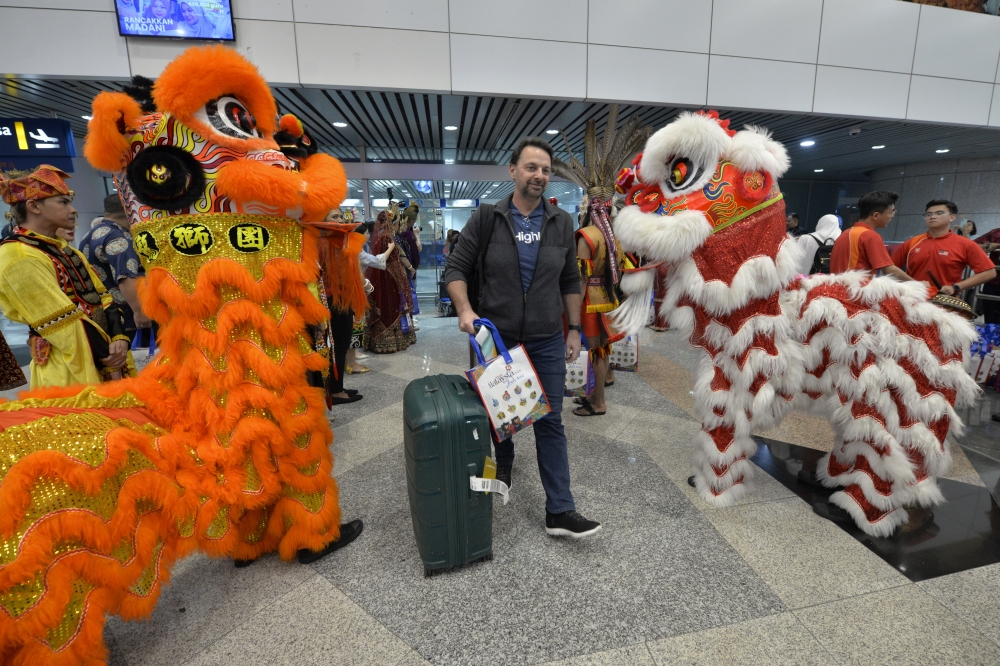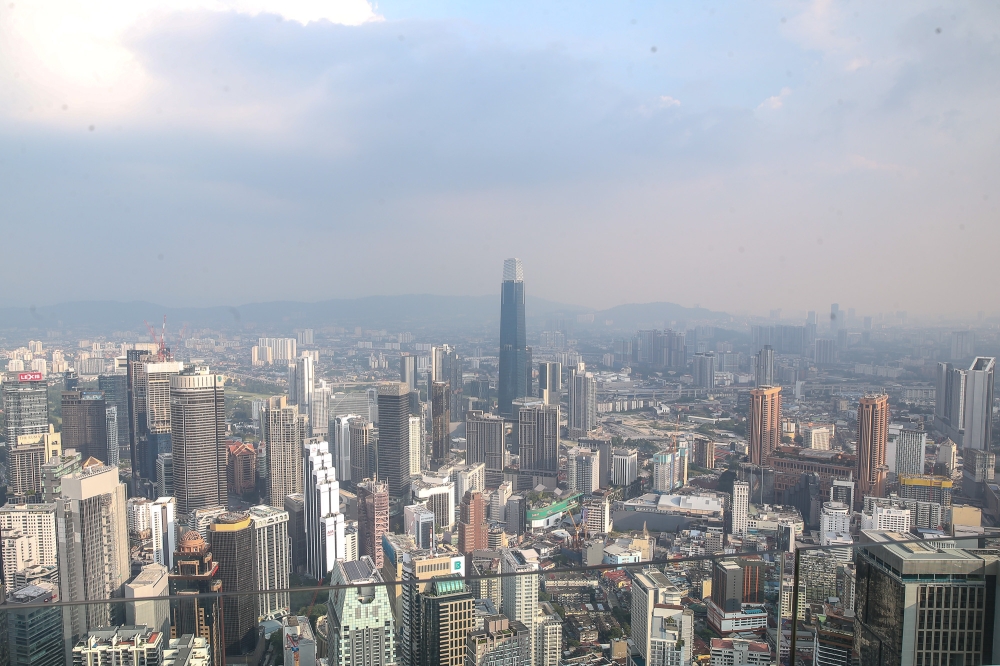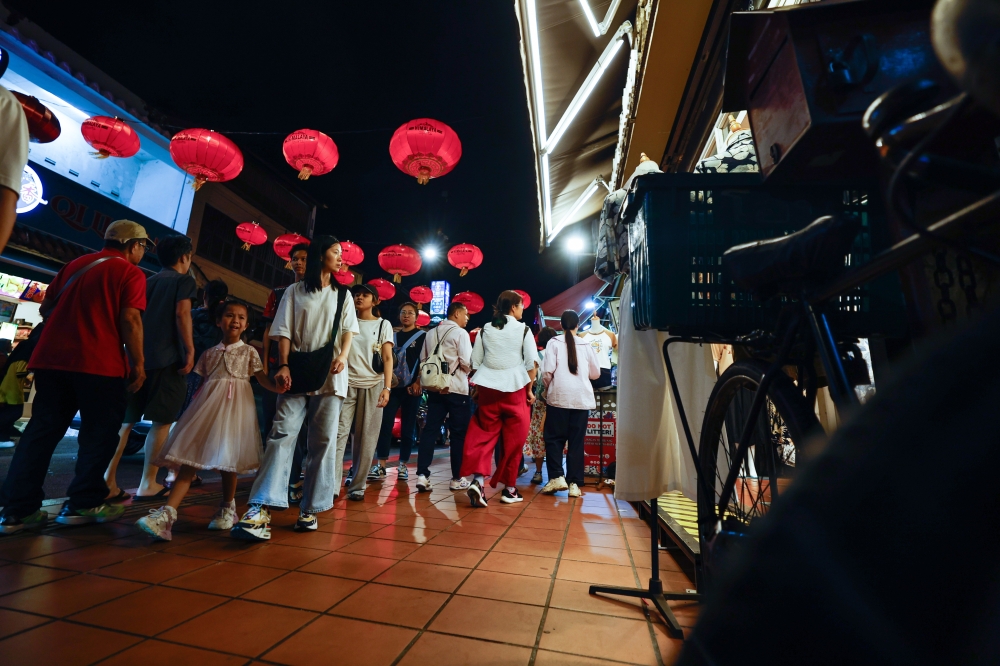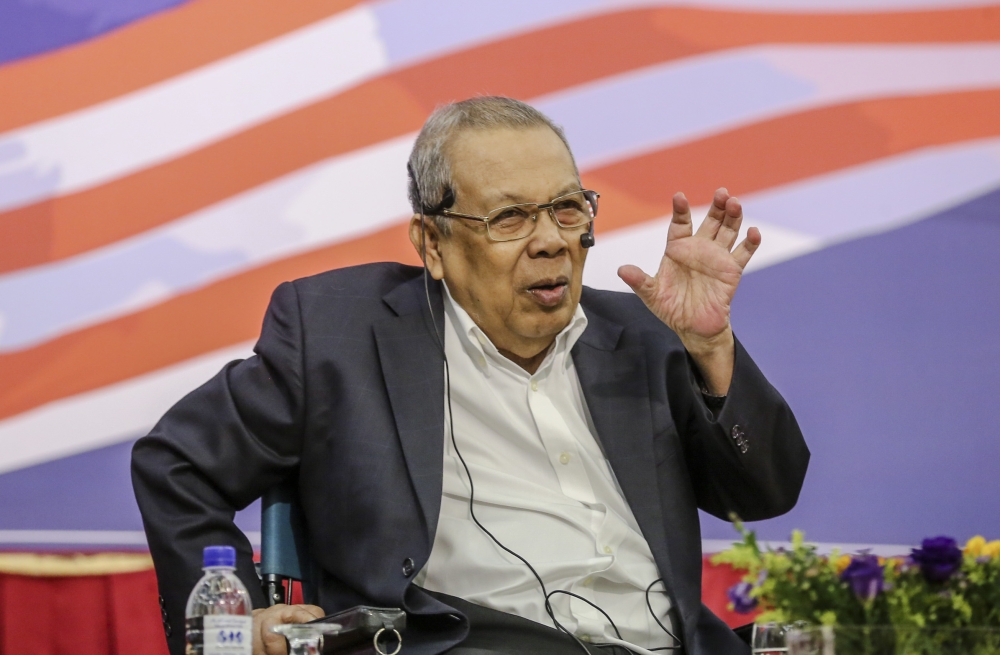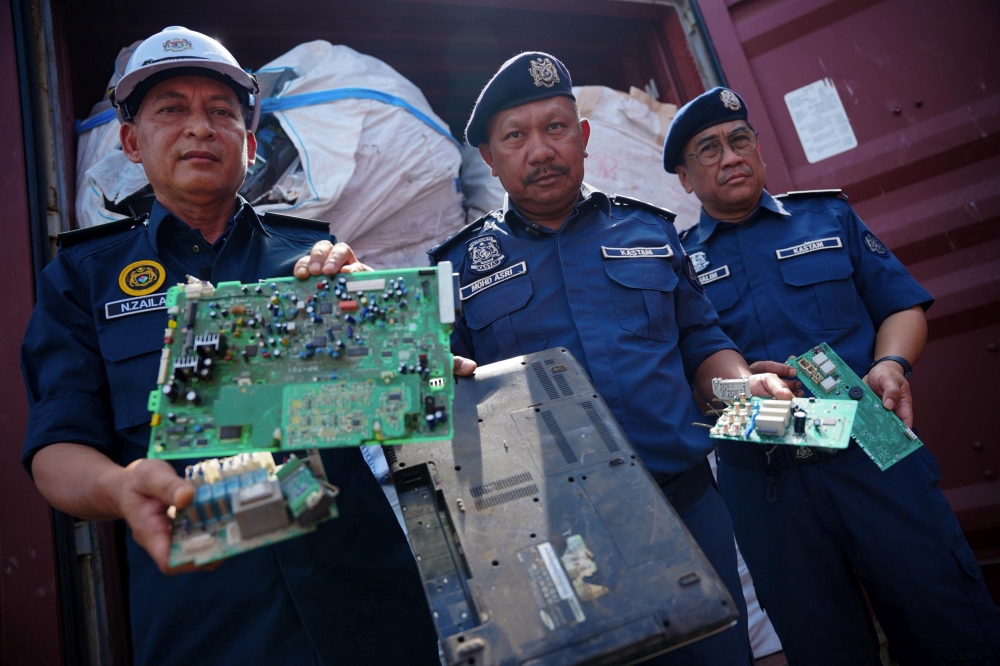The two-striped red-and-white flag with 12 yellow stars arranged in three rows on the top left corner, which was widely paraded in public before August 1957, returned to the spotlight last month after several activists unfurled it on the eve of this country's 56th Independence anniversary -- prompting a flurry of police reports and a national debate over Sang Saka Malaya's significance.
"Sang Saka is a flag of those heroes before, our fighters of Independence at that time, so we must respect that," the National Laureate told The Malay Mail Online at a recent interview.
"I respect Sang Saka because the people behind it fought for this country against the British," he said, and added, "They have done something for us, so we must respect them including their flag."
The 81-year-old poet-turned-political activist was caught in the ensuing storm when the police arrested him and several others, under suspicion of sedition, though the authorities have released him pending charges being filed.
Cutting a striking figure with his long white hair and flowing beard, the man affectionately called Pak Samad appeared amused by the whole affair.
When asked about his arrest two weeks ago over the Sang Saka Malaya incident on August 30, Pak Samad described it as the authorities' "hobby" and indicated that he was dragged into the controversy.
"They like to arrest me, that's all. It's an honour to arrest an 81-year-old man who was fighting for Himpunan Hijau, they dragged me into that Sang Saka, not knowing that I respect Sang Saka," he said.
He explained that he was merely present at the city's historic Dataran Merdeka to support Himpunan Hijau, a grassroots movement that opposes the Lynas rare-earth plant in Kuantan.
Pak Samad said he had replied "I will answer that in court" to the barrage of questions by the police until they were fed-up.
He was questioned under Section 505 of the Penal Code, which concerns disruption to public order and is punishable by a jail term of up to two years or a fine or both; and Section 4 of the Sedition Act.
The two other individuals who were arrested and probed under the same laws are activists Hishamuddin Rais and Adam Adli Abdul Halim.
None of the three have been charged in court over the incident, but the Inspector-General of Police last week confirmed that the police have handed the investigation papers to the Attorney-General of Chambers for the latter to decide whether to press charges.
While Pak Samad made light of the police action against himself, he took a more serious view of the crackdown against Malaysians being allowed to hold up any other flag other than that approved by the authorities.
He pointed out that everyone has a right to have a flag they respect and said the government should be proud of the Sang Saka Malaya flag, which symbolised the start of the struggle for independence from the British.
"You have a flag which is very respectable, it's the starting of your war against the British, you should be proud of it, why should you be afraid of that flag?" he asked.
He put it down to Malaysia's leaders today, whom he said insisted on accepting only one version of history and strove to cut off other accounts of the country's bid for Independence.
"The leaders now, mostly, especially those in government, they are not the fighters of Independence, they are the beneficiaries," Pak Samad said.
"These are only individual leaders, only a small group who think their history is right, other people's history is wrong. So, when it comes to the time now, they think Sang Saka and Rashid Maidin, Abdullah C.D, Chin Peng all of them are penderhaka," Pak Samad said, using the Malay word for traitor.
He added, "because they think they are the ones who fight", this time referring to unnamed federal government leaders.
The official history records that Kedah prince Tunku Abdul Rahman Putra Al-Haj led a delegation to London in an attempt to secure the country's Independence from the British.
The Tunku was successful and became the nation's first prime minister.
But individuals such as Chin Peng, Rashid Maidin and Abdullah C.D. have a mixed history record.
Some view them as armed fighters who also contributed to Malaya's Independence while others argue that being leaders in the now defunct Communist Party of Malaya (CPM), the trio were insurgents who sparked a decades long guerilla war against first the British and then Malayan and Malaysian authorities from 1948 till they laid down arms in 1989.
Of the three, only Abdullah C.D, who was chairman of the CPM, is still alive and is residing in Southern Thailand.
Rashid Maidin, a senior leader in the party, died on September 1, 2006 in Southern Thailand.
Perak-born Chin Peng, who was CPM secretary-general, died yesterday in a Bangkok hospital where he had been living in exile, aged 88.
When asked if the authorities today were afraid of a renewed bid by some Malaysians to replace the Jalur Gemilang with the Sang Saka Malaya, A. Samad retorted, "They are in power, why should they be afraid?"
The country's national flag -- Jalur Gemilang -- which now sports 14 red-and-white alternating horizontal stripes with a yellow crescent and a 14-pointed-star against a blue field in the top left corner was adopted on September 16, 1963.
The Singapore-born poet is of the view that Malaysians could show respect to both the Sang Saka Malaya and Jalur Gemilang at the same time, but lamented that "the leaders now want you to respect only the new flag, not the old flag."
"If you respect the old flag, you are a traitor," he said.
A. Samad said that if the leaders knew the country's history well, they would see that there were many people who all strove to free the country, and as such were also deserving of respect.
"If they know history, then they will see all these are the people who were fighting for the country, they should respect these people, not just label them all as Communists. Even now you have to do business with the Communists, Communist China, Communist Russia," he added.
Who's afraid of the Sang Saka Malaya?

A. Samad Said — Picture by Saw Siow Feng
Stay updated on the latest news and insights. Subscribe to our newsletter here
(New users only) Unlock 4%* + 10%* p.a. promo rate for 3 months via Versa and enjoy FREE RM10 & when you sign up using code VERSAMM10 with min. cash of RM100 today! T&Cs apply.
By By Ida Lim
Tuesday, 17 Sep 2013 10:00 AM MYT



